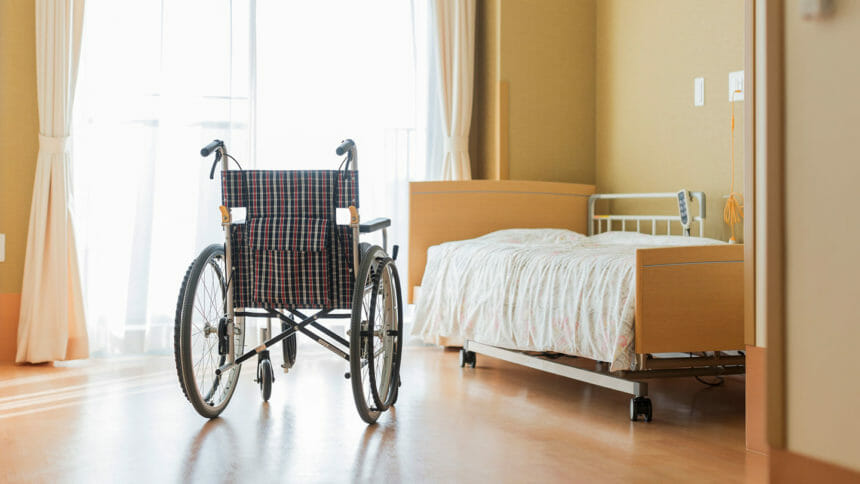
A proposed federal staffing mandate would force an estimated 4,000 skilled nursing beds out of service in Michigan, according to an analysis by the state’s largest nursing home advocacy group.
The Health Care Association of Michigan surveyed its members and accessed facility statistics through the American Health Care Association’s LTC Tracker to find that 71% of facilities in the state would not meet the proposed staffing rule for certified nurse aides. In addition, 41% of facilities would not be able to meet the requirement to provide 0.55 hours of direct care by a registered nurse and “almost no” facilities are capable of having an RN on duty 24/7.
“It’s a numbers game in that we truly do not have the workers to get back to pre-pandemic levels, let alone meet this proposed staffing mandate,” Melissa Samuel, president of the Michigan association, told McKnight’s Long-Term Care News on Monday.
The Centers for Medicare & Medicaid Services released its proposal Sept. 1, calling for 2.45 hours of certified nurse aide hours per resident per day in addition to the RN hours. The agency did not include licensed practical nurses in its rule, which Samuel said “makes no sense whatsoever.”
“They’re a critical part of the staff,” Samuel said. “They’re tying our hands. That’s absolutely unfair.”
There are approximately 45,000 skilled nursing beds in Michigan among 433 facilities. Patients are cared for by approximately 35,000 staffers. But to meet CMS’ proposed levels, the state would need to hire more than 2,600 full-time nurse aides and more than 460 full-time registered nurses, according to the analysis by HCAM, which is believed to be the first of its kind in any state since the proposal was published.
Without access to more labor, HCAM said approximately 4,000 beds would have to be taken out of service. Providers nationwide has warned or reduced admissions and potential closures if they can’t hire.
“The impact on the sector, if this was implemented today, would be catastrophic,” Samuel said.
Although non-rural nursing homes would have three years to comply with some elements of the rule and rural facilities getting five years to get up to speed on the overall hourly rate, Samuel said HCAM’s members are already “panicked.” Noncompliant facilities will face a range of consequences, including citations and fines.
“That just further exacerbates things,” Samuel said of the financial punishments.
The association plans to submit official comments to CMS regarding the proposal and also meet with the state’s congressional delegation to lay out their concerns and also that any staffing mandates be funded.
“You’re going to penalize someone for [noncompliance] but do nothing to help fill that worker-need gap,” Samuel said. “This is an unfunded mandate. We’re going to do everything we can to fight it.”





